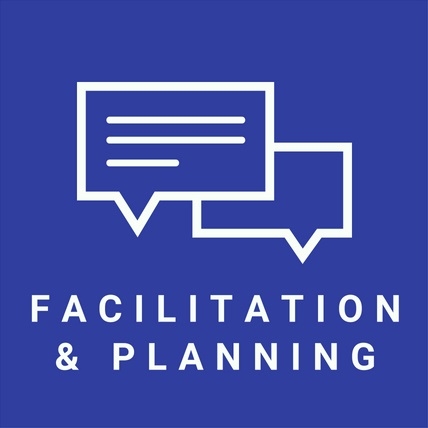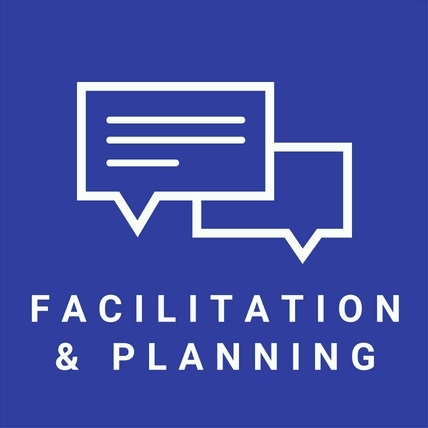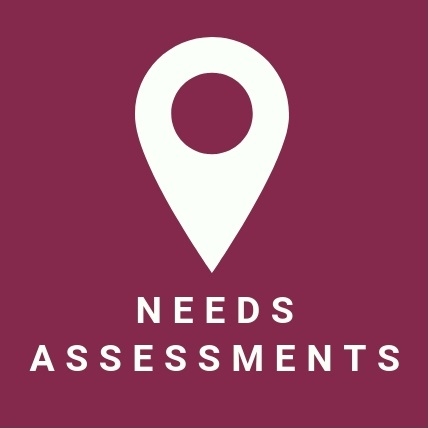Projects
CCBR typically has 15-20 ongoing projects and has completed over 450 projects since 1982. Each project is guided by our commitment to impacting social change in practical and powerful ways. We conduct research with people not on people, cultivating respect with communities at every step of the process.
Projects can be searched for using words from the project title or using the service area, theme, or date range for the project. You can also type 'Service Area' or 'Theme' into the search bar to get a list of options in each of these fields.
Projects
The purpose of this project was to conduct an environmental scan to provide an overview of existing English language services for newcomers in Waterloo Region. The findings of this research were utilized by the Local Immigration Partnership Council to develop a strategic plan for its next phase.
CCBR conducted a final project evaluation for the Canadian Immigration Integration Project (CIIP), a 5-year pilot project to help with successful immigration integration for foreign skilled workers (FSWs). The evaluation was funded by the Association of Canadian Community Colleges via Human Resources & Skills Development Canada (HRSDC).
CCBR supported an evaluation of the tri-district Lions Quest Skills for Adolescence initiative in four school boards in Cochrane North, Cochrane South, and Timiskaming. CCBR completed analysis of the data collected from year one to three and produced a final report which included recommendations for improving the program and future evaluation activities. This evaluation was funded by Child & Family Services Timmins & District.
This project focused on what the future should look like for immigrant settlement and integration efforts in Guelph-Wellington. It involved facilitating the development of a strategic plan that sought to address the identified needs and gaps and that would apply best practices and strengths identified in the previous phases. This project was funded by the City of Guelph.
CCBR was responsible for generating an overarching, mixed-methods evaluation of the EnHANCE project. This project was a leader in sustainable culture change and capacity building in inter-organizational partnerships and interprofessional collaborative practice. This evaluation was funded by the Ontario Ministry of Health.
CCBR worked with the Ontario Women’s Health Network to conduct an evaluation of the Women’s Health Leadership Program. The evaluation included developing a logic model and focused on the pilot retreat. Results provided insight into women’s experiences at the retreat and recommendations for the full implementation of the program.
CCBR conducted an evaluation of client satisfaction and the effectiveness of service relationships among key community partners within a service provision network. Archival data was also examined and incorporated into the analysis. Recommendations were made for improved coordination and service response for people with developmental disabilities.
CCBR provided facilitation to a new community of practice (CoP) in the area of acquired brain injury and community participation. The study was funded by the Ontario Neurotrauma Foundation.
CCBR supported the evaluation of the Neighbours, Friends, and Families Campaign, a public awareness campaign designed to reach neighbours, friends and family members of women and their children who are experiencing abuse. CCBR’s role was the completion of data analysis and a summary report. This evaluation was funded by the Centre for Research & Education on Violence Against Women & Children.
This project was a needs assessment for an online part-time Masters of Social Work (MSW) program at the School of Social Work, Renison University College in Waterloo, Ontario. It involved data collection via an online survey, analysis and report writing as well as a literature review.
CCBR partnered with the Region of Waterloo to capture and tell the story of Supportive Housing of Waterloo (SHOW)’s first building. CCBR conducted focus groups and interviews with stakeholders to understand the process and progress of planning and making a permanent, affordable supportive housing complex.
CCBR conducted an evaluation for Learning Disabilities Association of Ontario (LDAO)’s web-based teaching tool (WBTT), an online early screening and intervention program for use by primary teachers in Ontario’s publicly funded school boards.












